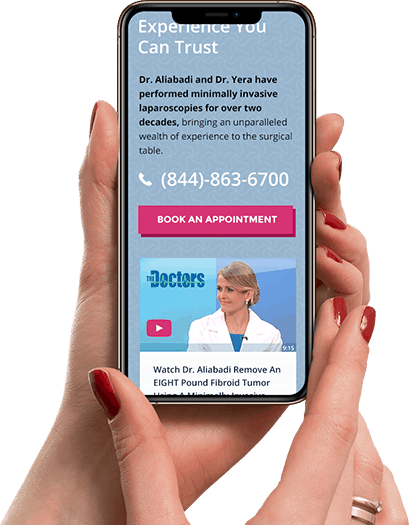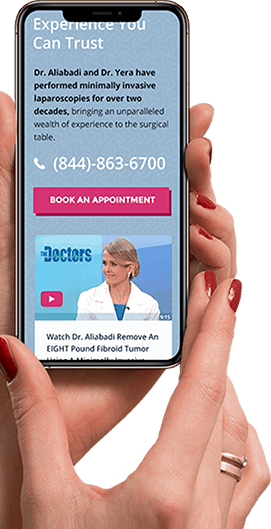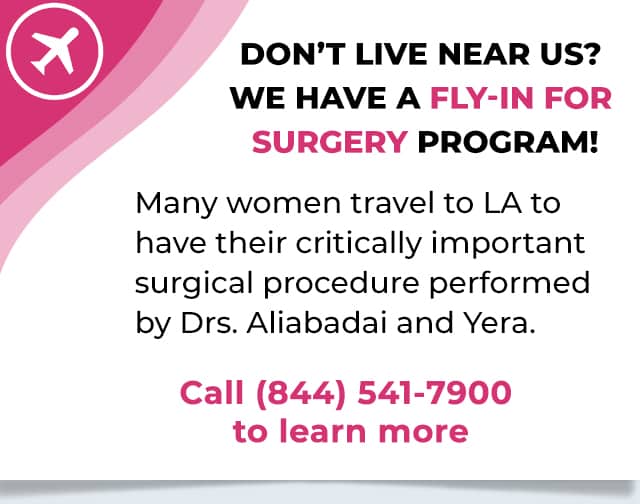Are diet sodas better for you?
Today, Americans are more health conscious and as a result, take notice of what they put in their bodies. When it comes to diet drinks, there’s an assumption they’re healthier than sugar-sweetened beverages due to their association with weight loss.
Diet drink labeling promotes it as a healthier alternative to regular soda. Almost every popular beverage on the market has a “light” or a “diet” version.
The sugar in drinks is replaced with artificial sweeteners like aspartame, cyclamates, saccharin, acesulfame-k, or sucralose in diet soft drinks. It would seem the conclusion is diet beverages are healthier and best for maintaining a trimmer waistline or are they?

Is diet soda bad for your heart and brain?
Low-calorie and low- or no-sugar beverages may not be the “silver bullets” for health they were once thought to be. A growing body of scientific research has found an association between drinking diet soda and an increased risk of heart disease and stroke risk.
One of the major strengths of these studies is their large number of participants — which lends itself well to the reliability of the findings. Questionnaires were used to collect self-reported data about drink consumption. Medical professionals and researchers have taken notice.
A 2019 study finds link between diet soda and stroke risk
A clinical trial (2019) from the Women’s Health Initiative was the first to find a link between drinking diet soda and stroke and heart attack risk in a large (80,000 participants), racially diverse group of postmenopausal women.
The findings revealed that drinking two or more diet sodas a day was linked to an increased risk of stroke, heart attacks, and early death in women over 50. The risk was highest for obese and African American women.
Women who drank two or more artificially sweetened beverages per day were:
- 23% more likely to have a stroke
- 31% more likely to have a clot-caused (ischemic) stroke
- 29% more likely to develop heart disease, and
- 6 % more likely to die from other conditions.
“Many well-meaning people, especially those who are overweight or obese, drink low-calorie sweetened drinks to cut calories in their diet. Our research and other observational studies have shown that artificially sweetened beverages may not be harmless and high consumption is associated with a higher risk of stroke and heart disease,” said Yasmin Mossavar-Rahmani, Ph.D., lead author of the study and associate professor of clinical epidemiology and population health at the Albert Einstein College of Medicine in the Bronx, New York.

Artificial sweeteners linked to cardiovascular disease
A recent study published in The Journal of the American College of Cardiology involved over 100,000 participants from the French NutriNet-Santé group, an ongoing, web-based nutritional study.
Researchers found participants who consumed the most artificially sweetened drinks were 20% more likely to have cardiovascular disease at any time compared to those who did not. There was a similar result for high consumers of sugary beverages including soft drinks and fruit drinks.
New studies reinforce link between artificial sweeteners and health risks
A new study (2009-2021) from the NutriNet-Santé group revealed a potential direct association between higher artificial sweetener consumption and an increased risk of overall cardiovascular disease (CVD) and cerebrovascular disease (stroke).
The study suggests there is no benefit from substituting artificial sweeteners for added sugar on heart health outcomes.
This study added the following to prior research on the subject:
- Artificial sweeteners (especially aspartame, acesulfame potassium, and sucralose) were associated with an increased risk of cardiovascular, cerebrovascular, and coronary heart diseases.
- The results suggest that artificial sweeteners might represent a modifiable risk factor for cardiovascular disease prevention.
- Artificial sweeteners, consumed daily by millions of people around the world, should not be considered a healthy and safe alternative to sugar — and are being re-evaluated by the European Food Safety Authority and the World Health Organization.

Call 877-760-3564 or click here to schedule online
Does diet soda have other health risks?
Previous research has found an association between drinking diet soda and an increased risk of developing:
- high blood glucose (blood sugar) levels
- type 2 diabetes
- high blood pressure
- metabolic syndrome
- increased cholesterol levels
Ironically, people who drank diet soda may also be more likely to become obese.
However, follow-up studies are needed to further support the association.
Is it safe to drink artificially sweetened drinks during pregnancy?
About 30% of pregnant women consume artificially sweetened drinks. But are they safe to use while pregnant? Research on the safety of consuming artificially sweetened beverages during pregnancy is mixed. Some studies show risks of preterm labor and increased birth weight of the baby, while others don’t.

The FDA and the Academy of Nutrition and Dietetics consider artificial sweeteners safe to use during pregnancy while other professional health organizations recommend avoiding them completely.
When pregnant, there are two artificial sweeteners to avoid in certain situations:
- Aspartame — If you have an inherited disorder called phenylketonuria (PKU) do not consume aspartame. PKU doesn’t allow the body to break down an ingredient in aspartame called phenylalanine. Then, phenylalanine builds up the blood and brain and leads to brain damage.
- Saccharin — Saccharin can cross the placenta during pregnancy. Currently, it’s not understood whether this causes health problems for the baby. Due to the lack of medical clarity about the consequences, some medical professionals recommend not consuming it at all.
Using natural sweeteners is an option if overall sugar intake is monitored.
If you’re pregnant, contact your OB/GYN to discuss whether artificially sweetened beverages are an option for you.
Contact Dr. Aliabadi for Health and Pregnancy Questions
OHC’s Thais Aliabadi, M.D. and Ramon Yera, M.D. are Los Angeles’ only surgical team exclusively dedicated to sparing women from invasive open surgeries that involve extended hospital stays, long painful recoveries, and surgical scars.
An expert in obstetrics and gynecology, Dr. Aliabadi has been a practicing OB/GYN in Los Angeles since 2002. In addition to her expertise in gynecological surgery, Dr. Aliabdi also serves as a renowned OB/GYN. She serves as an official gynecologist for many royal families and “celebrities,” as well as instructing Cedars Sinai Medical Center residents and medical students at the University of Southern California.
We invite you to establish care with OHC. Please make an appointment online or call us at (844) 863-6700.
The Outpatient Hysterectomy Center is conveniently located for patients throughout Southern California and the Los Angeles area. We are near Beverly Hills, West Hollywood, Santa Monica, West Los Angeles, Culver City, Hollywood, Venice, Marina del Rey, Malibu, Manhattan Beach, and Downtown Los Angeles.
Call 877-760-3564 or click here to schedule online










